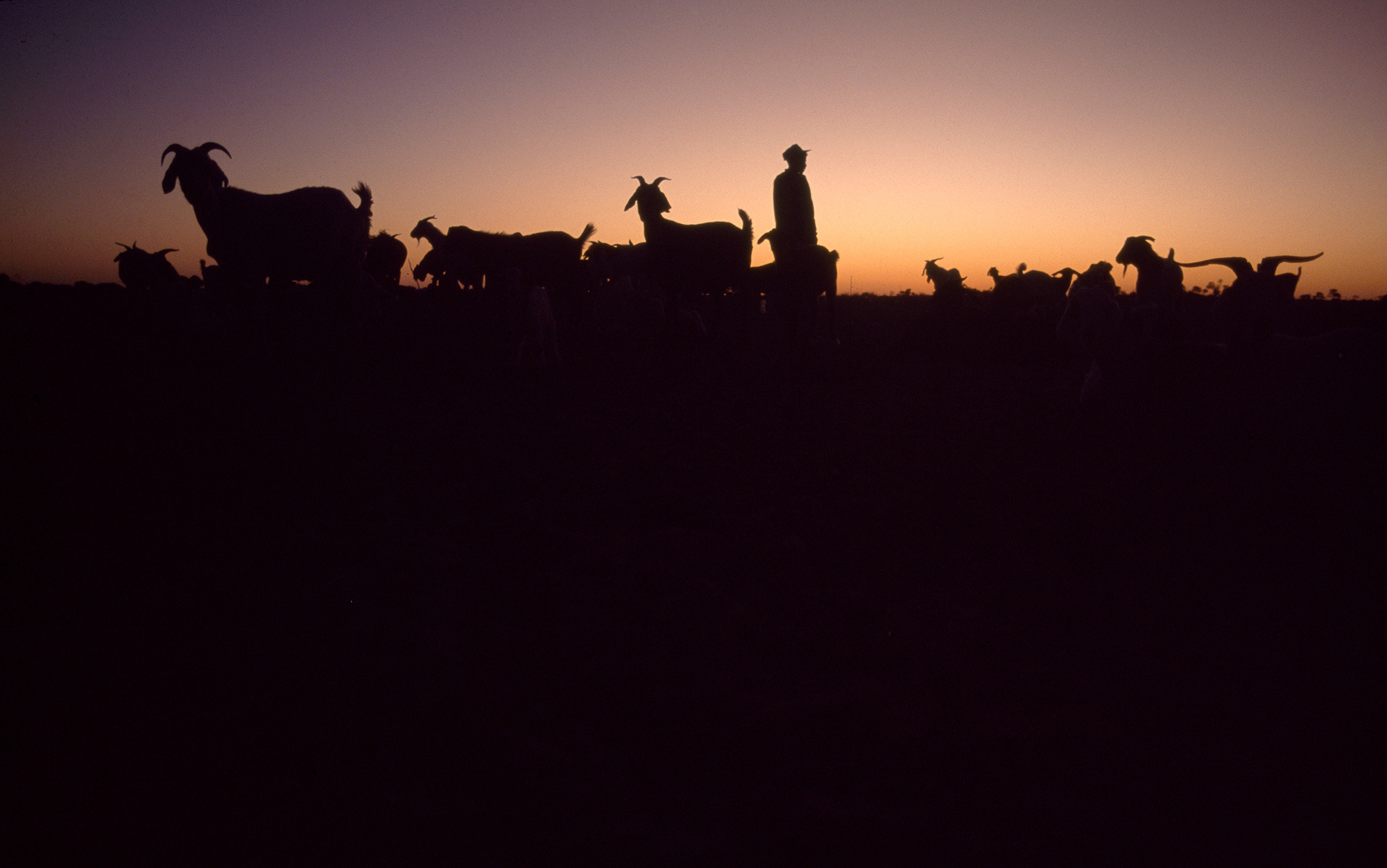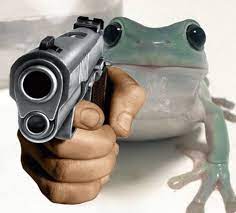aerobic respiration was a mistake, return to anaerobic respiration.
A lot of indigenous oral history covers a period like what was mentioned in the article. Many of them speak of a time when their societies were more violent, wasteful, and oppressive. Usually that period begins to change when a "messenger" appears who guides them. Not a whole lot of details about it because indigenous societies don't like sharing spiritual beliefs and oral history with outsiders.
Fucking read jason godesky’s 30 theses
Sure, why not.
I, like most Westerners, feel a very strong revulsion at the thought of pedophilia, for example. Yet, in the cultural context of the Etoro, the Marind-ani, and 10–20% of all Melanesian tribes [1], it is the only acceptable form of sex.
:ancap-good:
Lol I'm not trying to own you, I'm reacting to Godesky's blatant pedophile apologia. He dismisses the idea that fucking kids can be considered universally immoral on the basis that some cultures have different values, then proposes "diversity" as the only normative ethical value and then conveniently ignores the child molestation thing. The logical conclusion is that he doesn't think there's anything wrong with fucking kids as long as it doesn't impede this "diversity".
Hence the comparison to ancaps.
His point is that morality is relative, except for diversity, the logical conclusion of which is that libertarian behavior is fine. He doesn't say it outright, but he implies it in a "just asking questions" kind of way. Maybe he didn't even realize it, I dunno. I'll give him the benefit of the doubt, but that right there's an issue with at least his anprim outlook.
I don't see the Marx connection. He used antisemitic language to make points but the points didn't lead to antisemitic concusions.
I don't really see how. Differences in sexual norms would just be another kind of diversity.
And I feel like it would have been good to make that argument if you do believe so after bringing it up.
Lol I was just telling a friend about how cool and egalitarian humans were pre ag, whoops
Yeah it really is all over the place, with large varieties of social structures even in the same geographical areas at relatively the same time.
One neat thing I learned from tides of history is that while agriculture is generally associated in the Levant with sedentary life, the domestication of Maize was done by most likely non sedentary people over several thousand years criss crossing central America and northern South America.
Ultimately this seems to reinforce rather than undermine dialectical materialism. “Human nature” changes depending on circumstance. I’m reading “Kindred,” a book about neanderthals, as well as a book about Ötzi the Iceman, and it does really seem as though the primitive communist past was not quite the garden of eden we might imagine it to have been.
Ten or so years ago I visited Gobekli Tepe, one of the oldest manmade structures on Earth. It’s in a very hot and barren part of Turkey, near the Iraqi border. Yet the carvings you find there depict a world of abundance, as well as all kinds of animals which have been extinct in the region for thousands of years. The Kalahari, too, was probably very different one or two hundred thousand years ago.
Whatever makes people who we and our societies are is probably way more complex than climate change->primitive accumulation->capitalism.
Gobekli Tepe! I hope you raised a beer to those ancients while you were there.
There were like three people there: me, my driver, and a dude with a camel. I wanted to photograph the camel but the guy asked me for a few lira and cheap liberal me said no. I couldn’t get that close to the ruins. They were probably thirty or forty feet away. It was still cool though. Turkey has so much history, the ground is (literally) littered with potsherds.




